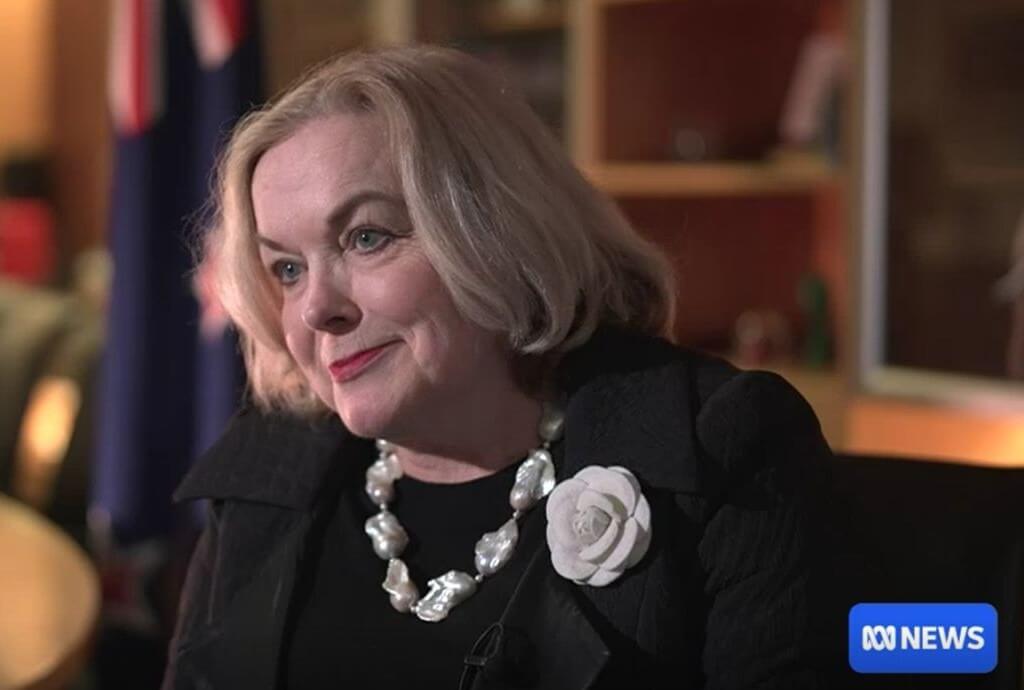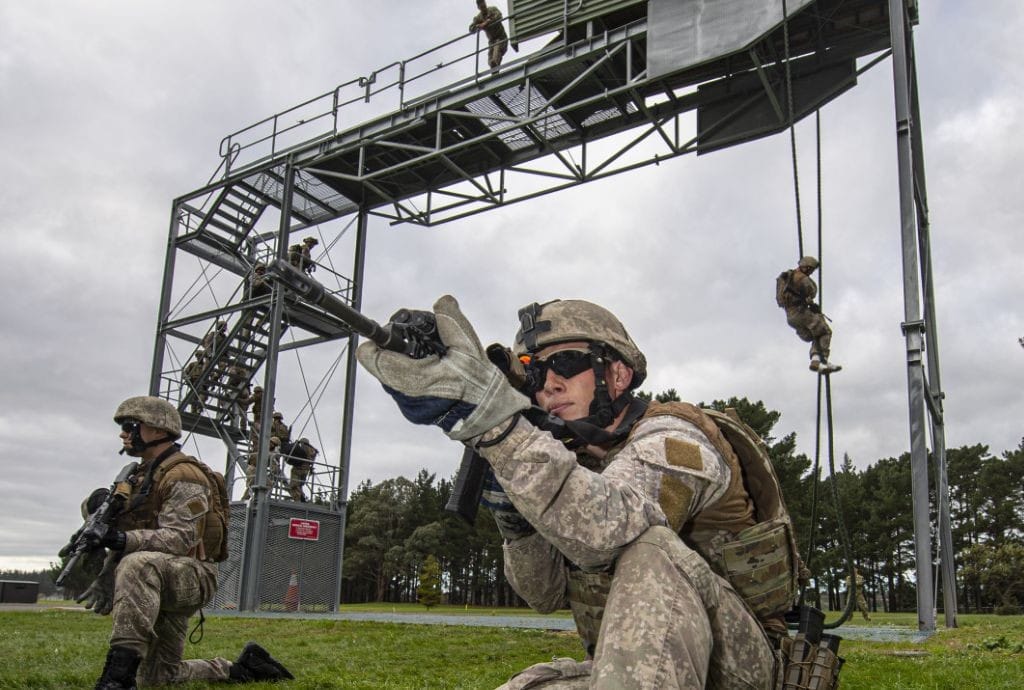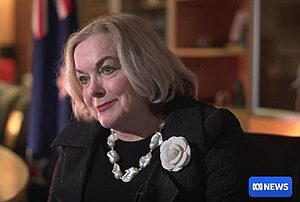In brief
- As Minister of Education, Chris Hipkins oversaw a struggling polytech merger and a radical new school curriculum.
- As Minister of Covid-19 response he oversaw numerous gaffes and refused to engage with protests against mandatory vaccination.
- Hipkins extended the MIQ and lottery system against official advice.
Minister of Education
Chris Hipkins was the minister ranked sixth in Labour under Prime Minister Ardern. He was initially Minister of Education, Minister for the Public Service and Leader of the House.
As Education Minister he abolished the charter schools created by the previous National Government, and commanded the merger of New Zealand’s 16 polytechnic institutes. The new entity Te Pūkenga created hundreds of new bureaucrat roles overseeing polytechs, on top of the existing Tertiary Education Commission.
Despite the $500m setup cost, the financial deficit of the polytechs has more than doubled. In 2022 Te Pūkenga’s Chief Executive resigned, an October 2022 report indicated its governance was failing, and it is now looking to cut polytech staff. Hipkins’ proposed benefits remain theoretical.
Hipkins also oversaw the drafting of a radical new school curriculum that divides students by whether or not they are Māori. It says traditional Māori knowledge and modern science are equivalent. Some scientists objected and the NZ Royal Society threatened to discipline them, but backed down.
COVID-19 Response Minister
In Ardern’s second term, Hipkins was designated COVID-19 Response Minister. In December 2021 Hipkins misled the public about the risks of Covid vaccines for teens and mandated two shots, against official advice.
Despite being wrongfully arrested in 1997 during a student protest at Parliament, for which Parliament eventually apologised, Hipkins joined his fellow MPs in refusing to engage with multiple protests against mandatory vaccination. In February 2022 this led to 253 arrests, most of which resulted in no charges, and eventually the violent clearance of Parliament grounds by riot police.
MIQ leadership
Hipkins was also the public face of the Managed Isolation and Quarantine (MIQ) system that had a massive toll on many Kiwis overseas. The lottery system for MIQ bookings made exceptions for hundreds of foreign entertainers such as DJs, while pregnant women were prevented from entering the country and securing citizenship for their children.
One example was journalist Charlotte Bellis, who became pregnant and stuck in Afghanistan, unable to secure an MIQ spot in January 2022. She obtained a booking only after writing an open letter that garnered worldwide media attention. Hipkins defended her initial exclusion and supported his argument by releasing her private information, against official advice. He eventually apologised for his inaccurate comments and breach of privacy.
The Ministry of Health advised in November 2021 that the quarantine was no longer justified, but this was hidden from the public. It was only discovered after the Ombudsman forced its release almost six months later. Hipkins defended the continuation of quarantine.
In December 2022 the Chief Ombudsman ruled the MIQ lottery was unreasonable and caused unnecessary suffering for citizens trying to re-enter the country.
Minister of Police
In June 2022, as part of a Cabinet reshuffle Hipkins was shifted from COVID-19 Response Minister to Minister of Police. He defended Labour’s continued policy of reducing prisoners and downplayed rising gang activity and violent crime, and a surge in ram-raids.



















